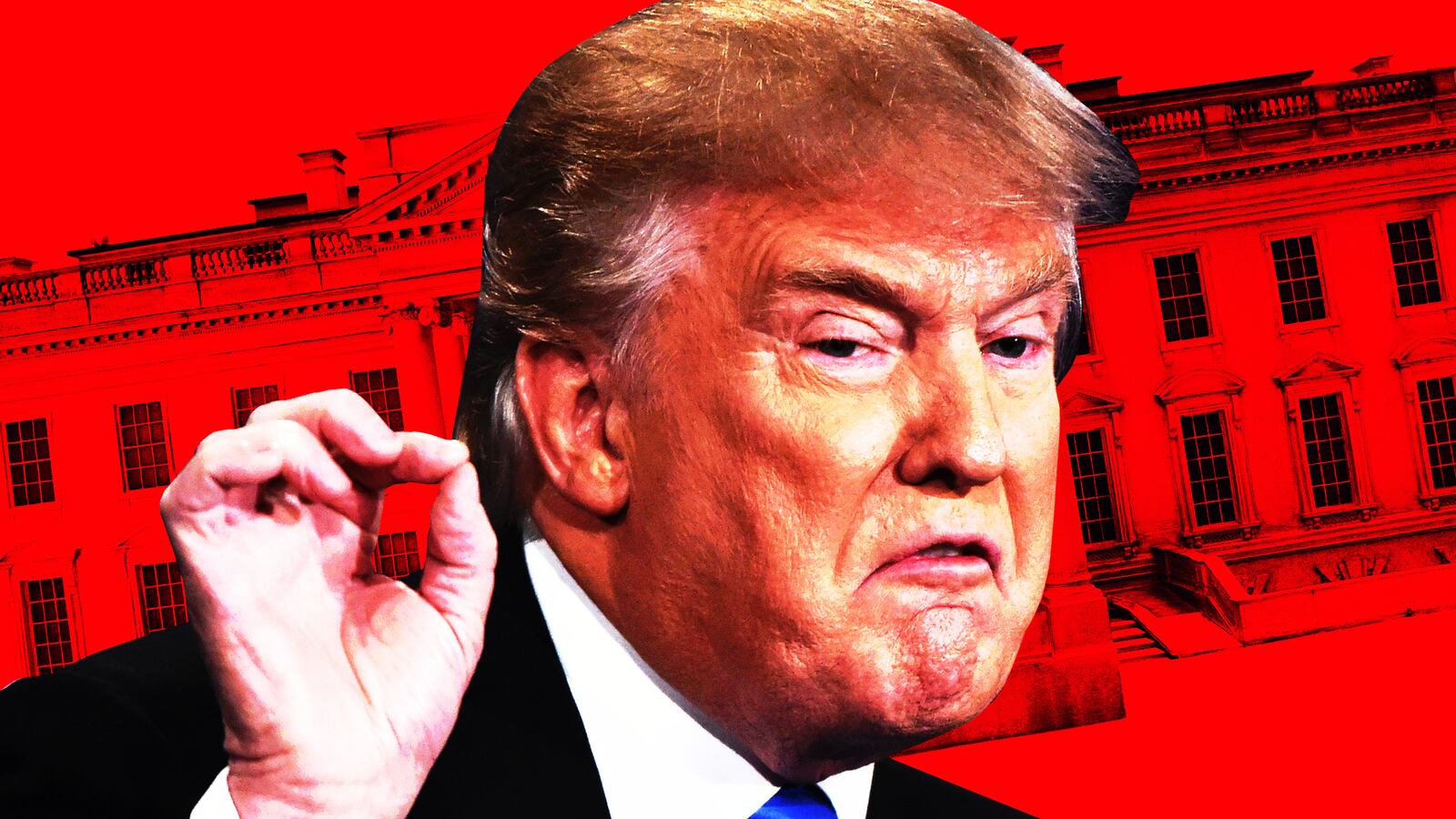Reflecting back on George W. Bush’s strategy of handling criticism over Hurricane Katrina, former White House press secretary Dana Perino argues that “what President Trump is doing is definitely smarter politically.”
During the most recent episode of “The Jamie Weinstein Show” podcast, Perino juxtaposed Bush’s style with Donald Trump’s more combative approach to handling criticism—as recently seen when he attacked the mayor of San Juan, Puerto Rico.
Bush, conversely, declined to call attention to the failures of Louisiana Governor Kathleen Blanco and New Orleans Mayor Ray Nagin, instead, as Perino describes, telling them: “I’m willing to take the blame if you can agree to let me let the military in.”
This dovetails what Karl Rove told me in 2011 about Katrina. The media wrongly “assumed the federal government was in charge,” he said. “To reduce the blame game, he deliberately took more on his shoulders than he probably should have.”
So why did he do this? “He is his father’s son,” Perino said of President George W. Bush. And his mother’s son. This is what they demanded.”
Compare Bush’s noblesse oblige childhood with Donald Trump’s more Nietzschean upbringing. Fred Trump raised his son to be a “killer” and a “king.” If you ever wondered why candidates like Marco Rubio seemed constitutionally incapable of playing the same lowbrow game as Trump, it’s probably because they were trained from an early age to comport themselves a certain way. These values get hardwired. Trump has no such disadvantage. Acting vulgar came across as strained and beneath him when Marco Rubio dabbled in it; for Trump, nothing could be more comfortable or authentic.
George W. Bush’s penchant for turning the other cheek transcended his own words, impacting how his surrogates responded. “Even I at the White House podium,” Perino says, “I always turned the other cheek because I knew he was watching.”
Perino says she had the same sort of parental training in modesty as her former boss: “That you were too big for your britches ...that was the phrase that you never want to hear about yourself.”
“I don’t think I could make it in politics today,” she said, “because you kind of have to be too big for your britches—or, at least, in whatever phase we are going through politically.”
“We were too willing to turn the other cheek,” she continued, speaking of the Bush administration. “It’s how we were raised. It’s how he wanted the White House to be represented. But politically, if we had fought back more, I think that his approval rating probably would have held better. And it is possible that additional pieces of legislation that he wanted to get done could have been achieved—in particular, immigration reform.”
Trump is a symptom, not a cause. The fact that blaming others gets you ahead is a commentary on our society. And his success will spawn imitators. Because people respond to incentives, what this means is that we are now systemically rewarding bad behavior—and will get more of it. Economist F.A. Hayek said that in a totalitarian regime, the worst get on top. Our political process now seems to be following a similar formula.
This seems to be the new normal, and maybe GOP voters are simply recognizing that reality, not endorsing it. They would argue that Trump was able to beat Hillary Clinton precisely because he was a fighter. Perhaps this is what it takes to overcome the Democratic machine and the liberal media in the 21st century?
Trump supporters who argued that “nice guy” candidates like Jeb Bush would get rolled by the media and the Democrats probably had a point. Trump won, and maybe not despite the fact that he flouts all the rules for chivalrous decorum, but because of it.
Bad behavior has become good politics. Don’t hate the player, hate the game.






